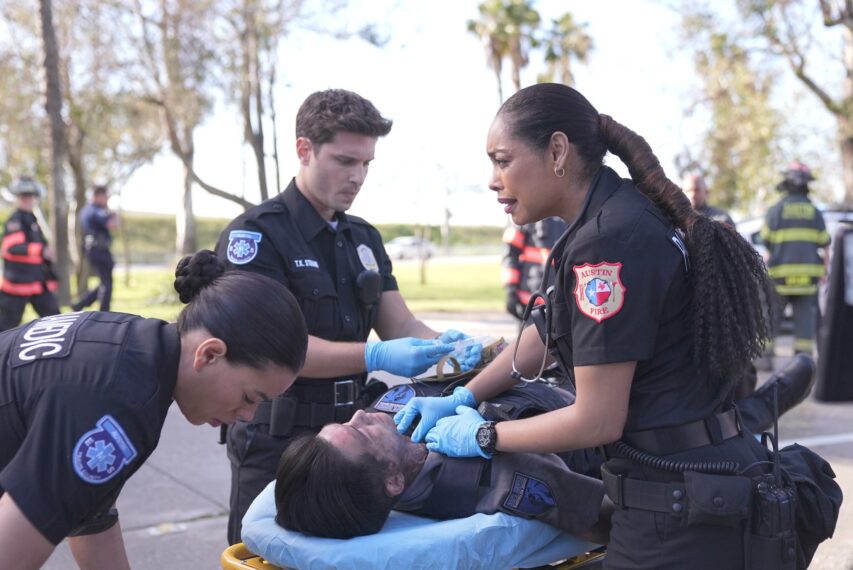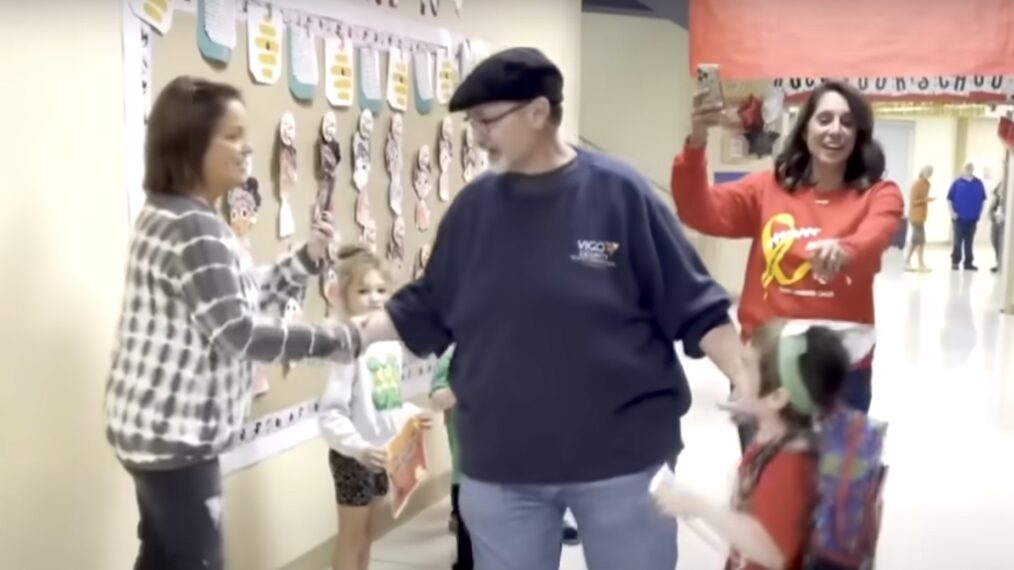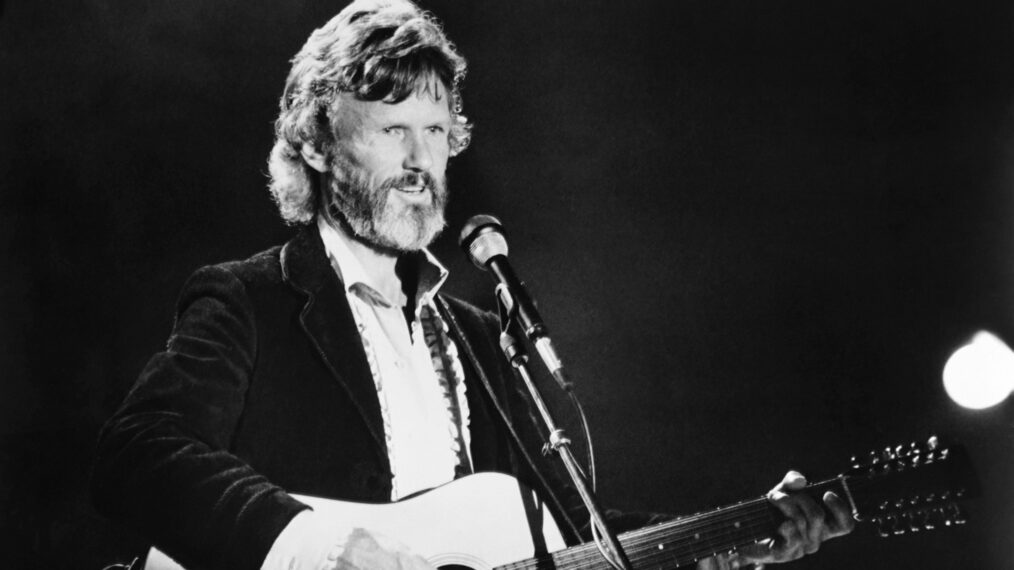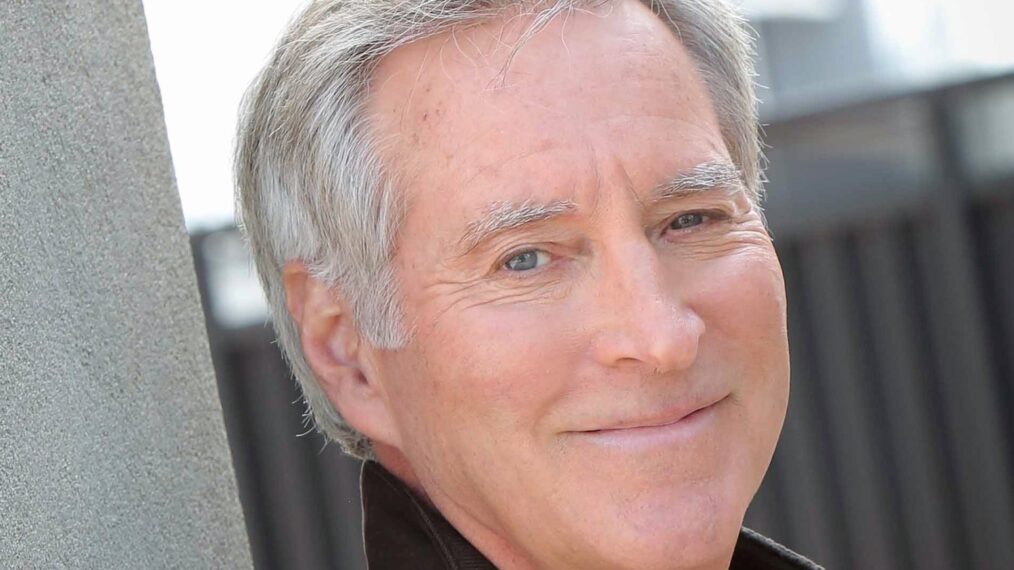Cesar Millan: TV’s Dog Whisperer Talks Canine Psychology and the Unique Bond Between People and Pets

In the world of dog training, there’s one undisputed master who’s emulated and imitated by all others.
We’re talking, of course, about Cesar Millan.
You might know Millan from his bestselling books, his iconic TV shows, his work as an animal rights activist, or his beloved line of pet care products.


But even if you’ve internalized the lessons from every chapter and episode of Millan’s prolific career, we promise that the esteemed Dog Whisperer still has much wisdom to impart in the realms of life, love, and Labradors.
We sat down with the animal expert and TV icon to discuss his career, his philosophy, and the launch of an exciting new product from his Halo Collar brand. Take a look:
I just wanted to start out by congratulating you on the launch of the Halo Collar 4. For those who are unfamiliar, what can you tell us about its features and benefits?
Well, I like to be simple. I teach people natural, simple, profound methods, and I always like to give a formula: 1, 2, 3. And so what the collar is going to help people achieve is consistency. Obviously you need repetition in training, but it happens fairly fast here because of the understanding of rules, boundaries, and limitations.
Most people are not very conscious when they’re with their dog. A lot of dog people are very emotional, very intellectual, so they forget to be in the moment paying attention to the right things. Until you get the rules by limitations; then you can get distracted.
The truth is that most people live in the mind, live in the heart, so the dog needs a human there to be quiet and calm, learning rules by limitations, and so that’s what [this product] is going to bring.
And that’s going to give you, the dog owner, the ability to do three things, walk with your dog, play with your dog, explore with your dog: Follow, play, explore. This is something that you do outside the house. And that’s what homeless people do. They walk with the dog. They play with the dog, explore, and they achieve all of it off-leash.


I’m from Mexico. I grew up watching this. I grew up watching the relationship of humans and off-leash dogs. The dog knew rules by limitations, because the dog learned when he was walking, when he was playing, and he was exploring.
So what’s missing in America. That’s why a lot of people feel worried, nervous, fearful that the dog will run away.
To what extent do you think your upbringing in Mexico has given you a different view of dog behaviorism than most Americans?
Because in Mexico they live in a more natural way. The dog is actually a citizen of the country, so a Mexican dog can go to the north of Mexico or the south of Mexico and be free. He doesn’t need to go to a dog park. He can go to the whole country.
An American dog to practice social behavior, he needs to go from his house in the car into a park.
He’s not allowed to be in the street surviving. A dog in Mexico learns to adapt to civilization, and a dog in America, it develops fight, flight, avoid responses.
That’s why I have a show. Aggression, fear, avoidance. Fight, flight, avoidance. That’s why an American dog becomes aggressive, becomes fearful, becomes cautious of humans. A Mexican dog is the opposite of that.
What do you think is the most common mistake that people in America make in training their dogs?


Well, I would not think of training as the number one concern. I think it’s a big mistake to think that you want to train the dog. I will begin by I need to learn to trust, to gain the trust of a dog, and then I need to learn to gain the respect of a dog, and then I need to learn to love the dog after trust, respect.
Then once you have trust, respect, love, now you can train them. So as with a teacher in a school, if the kid doesn’t trust you and respect you, you’re not going to be able to train them. And we’re talking to a rational species, which is a child human.
A dog is not rational. A dog just reacts. If you have not gained the trust and respect, that dog is not going to be willingly to be trained because training is a new thing, a human invention that goes into your head.
Sit, down, stay, no dog wants that by nature. What a dog wants by nature is trust, respect, and then learn the energy of love. And then you earn love, trust, respect.
You mentioned the similarities between teaching children and working with dogs. I think a lot of teachers would say that with many troubled students, parents are a big part of the problem. How do you approach educating owners who might be contributing to their dog’s behavioral issues?
Well, I’ll tell you one thing: The people who come to me, they’re at rock bottom. So people in rock bottom or life and death situations, they work harder to do the right thing versus the people that you say, “Hey, it’s a red flag here. It’s a red flag here.”
You still have way and preventative state. Those humans don’t work as hard. So, I am lucky because people that come to me, they’re already running out of options. They can lose their dog. They’re being sued. The family members already say, “Get rid of the dog.”
So I like it because it is like a fine line between life and death, and that’s where the human unfortunately moves fastest.


Does your approach change at all in cases where the dog’s aggression is the result of severe trauma?
It takes longer for a dog that doesn’t trust than a dog that is not respectful. A dog that doesn’t trust is going away from you. So you have to build self-esteem, and then you build trust.
Versus the dog that is not respecting, you’re just redirecting that.
It’s easier to rehabilitate a kid that is a little bit aggressive, dominant, territorial because you put him in sport versus a kid that is shy, that stays away, that it doesn’t feel part of the pack. That kid is going to take a little longer to help him and to enable him to build trust in himself.
We’ve seen you educate hundreds of dogs and hundreds of dog owners. What’s one lesson that you have learned from dogs that has impacted your personal life?
So many, but I love they understand life. Life is about being grateful to be alive. And number two is be wise with time and with memories.
We are coming to this earth to live wisely with time so we can manage everything we want to do, and then to make sure we take our memories because that’s all we will take.
One last question: If you could change one thing about how society views dogs and their role in our lives, what would that be?


I would definitely make sure that our pack leaders — the people who control money, fame, and power —understand this natural, simple, profound concept that can help all humanity. It’s not just the dog people who need to know this; it’s our pack leaders so they can reinforce it.
So it’s mandatory. It’s just like taxes are mandatory. Well, the natural, simple, profound approach should be mandatory. Happiness, health, love, and creativity should be mandatory. So that way, if you are low-income, middle class, rich, we all receive the same knowledge.
So then it’s up to us to take it to the next level. So definitely we have a pack. We function as a pack, back of the pack, middle of the pack, front of the pack. So if the front of the pack people do the right thing, poverty will be gone.
Mistreating of animals will be gone. Women being kidnapped will be gone. All the wrong human things will be gone. Not just the bad behavior of dogs, but the bad behavior of humankind. That’s why the show’s called Better Human, Better Dog.
What makes you a better human? First of all, let the dog people do it first. But we do want the pack leaders to vibe like us, to think like us, and to act like us because that’s a big position that we’re trusting them with.
Something to keep in mind, in these divided times: We can all learn a lot from dogs.
It unites. A dog’s supposed to unite humanity, not divide. It unites as a pack. It’s a big pack. Like Harley-Davidson people. They unite based on a brand. Dog people should unite based on the spirit of a dog.
The fifth season of Cesar Millan: Better Human Better Dog is currently airing on Nat Geo Wild. This interview has been edited for length and clarity.
Read the original article here






